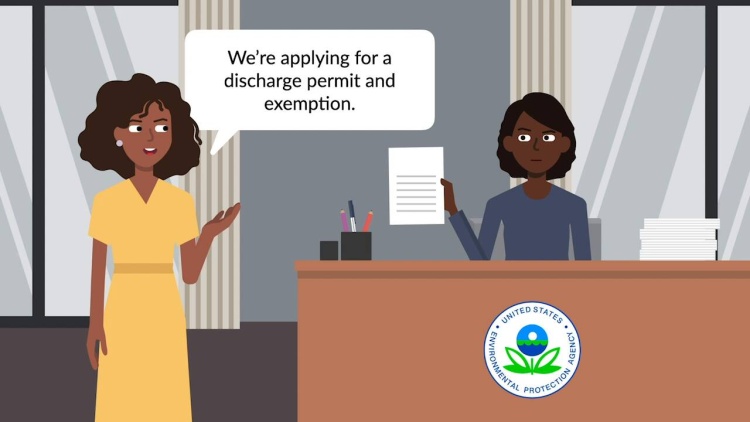Seacoast Anti-Pollution League v. Costle
United State Court of Appeals for the First Circuit
572 F.2d 872 (1978)

- Written by Eric Cervone, LLM
Facts
In 1974, the Public Service Company of New Hampshire (PSCO) applied to the Environmental Protection Agency (EPA) for permission to discharge heated water from the PSCO’s proposed nuclear-steam electric-generating station into the sea. PSCO requested both a discharge permit under section 402 of the Federal Water Pollution Control Act (FWPCA), 33 U.S.C. § 1342, and an exemption from the EPA standards for these discharges pursuant to section 316 of the FWPCA, 33 U.S.C. § 1326. Section 316 provided that an exemption was to be available only when, after a public hearing, the operation could show that (1) the EPA’s standards exceeded what was necessary to protect the species that lived in and around the affected body of water and (2) the operation’s cooling process used the most environmentally friendly technology that was available. The Seacoast Anti-Pollution League and the Audubon Society of New Hampshire (Seacoast) (plaintiffs) requested public adjudicative hearings on PSCO’s application. The hearings were held before an administrative law judge (ALJ), and the record from those proceedings was forwarded to the EPA’s regional administrator, who denied PSCO’s application. PSCO appealed to EPA Administrator Donald Costle (defendant) for review. After receiving input on technical aspects of the application from a panel of in-house advisors, receiving additional information from PSCO, and denying Seacoast’s request for a hearing, Costle concluded that PSCO was entitled to an exemption under section 316. Seacoast petitioned the United States Court of Appeals for the First Circuit for review, arguing that the EPA’s procedures violated requirements for adjudicative hearings under the Administrative Procedure Act (APA), 5 U.S.C. §§ 554, 556, and 557. PSCO intervened and presented arguments.
Rule of Law
Issue
Holding and Reasoning (Coffin, C.J.)
What to do next…
Here's why 899,000 law students have relied on our case briefs:
- Written by law professors and practitioners, not other law students. 47,000 briefs, keyed to 994 casebooks. Top-notch customer support.
- The right amount of information, includes the facts, issues, rule of law, holding and reasoning, and any concurrences and dissents.
- Access in your classes, works on your mobile and tablet. Massive library of related video lessons and high quality multiple-choice questions.
- Easy to use, uniform format for every case brief. Written in plain English, not in legalese. Our briefs summarize and simplify; they don’t just repeat the court’s language.





